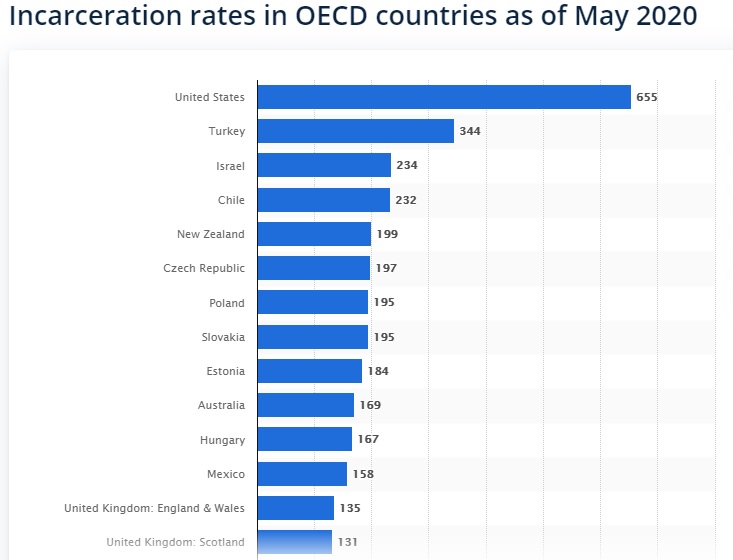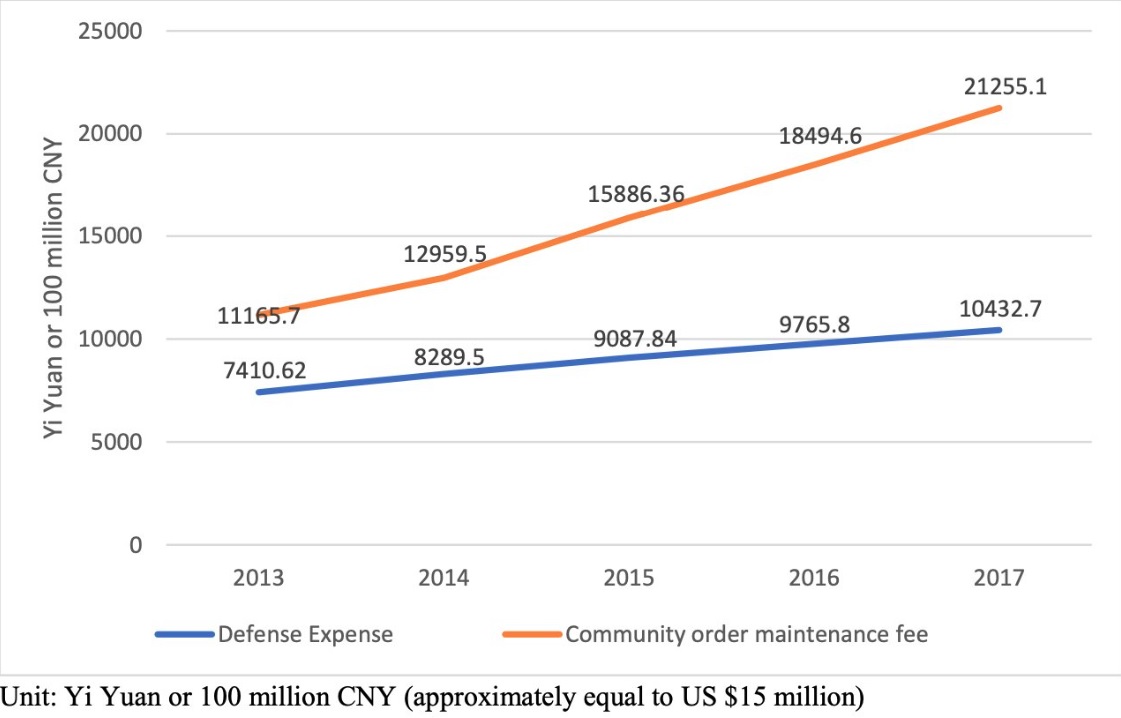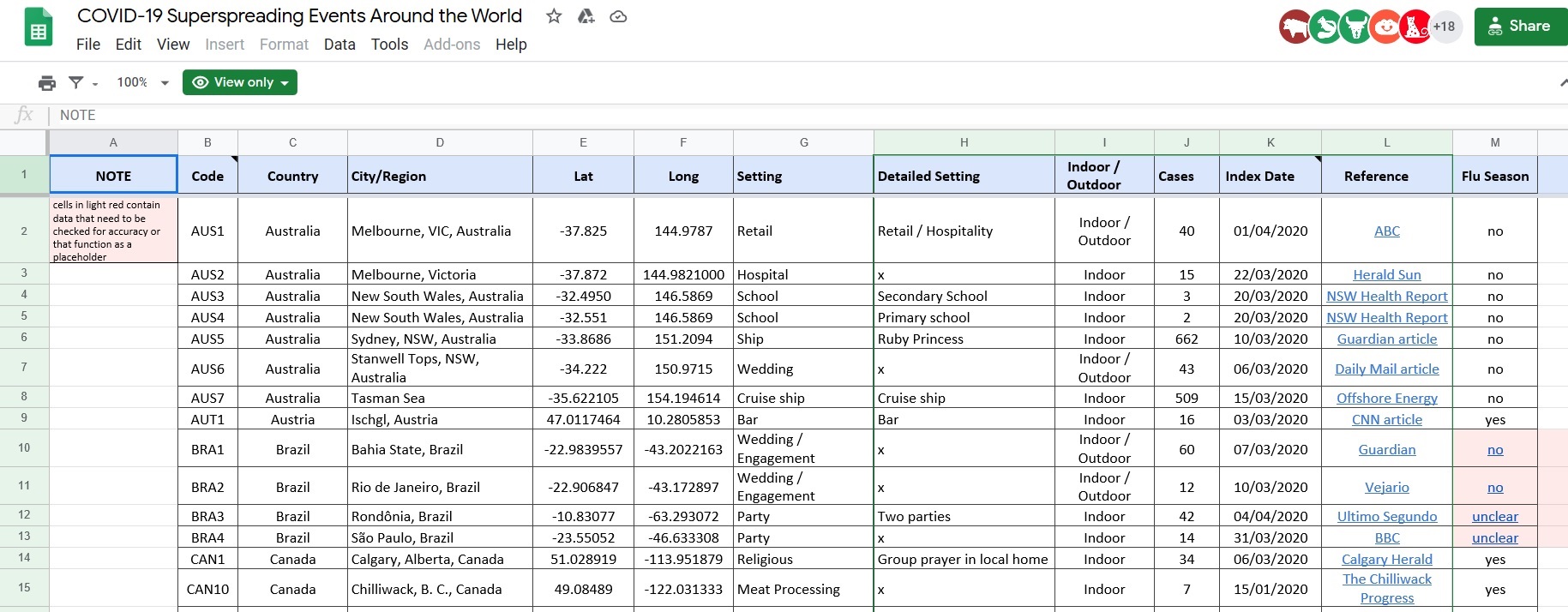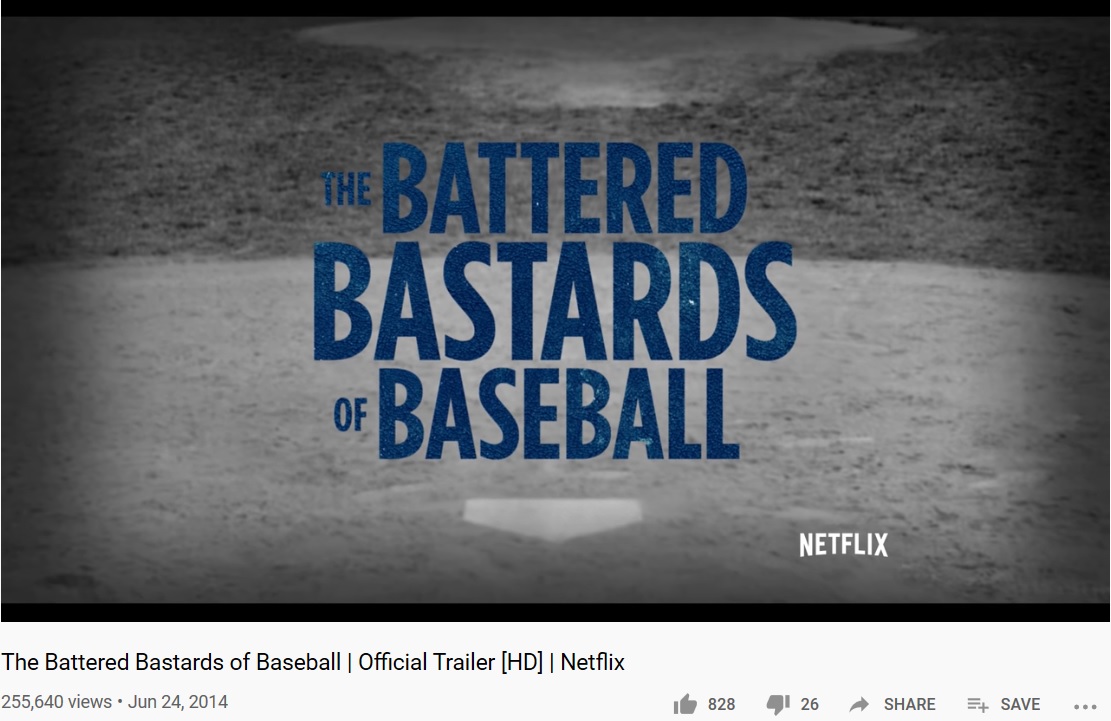The Incarcerated, China’s Government is Weak, & Covid-19 Super-Spreaders
As we start to open up and infect each other, as the Capital Hill Occupied Protest (CHOP) provides what the Mayor of Seattle calls a Summer of Love vibe, as Major League Baseball takes an axe to its head, knees and genitals, perhaps its inevitable we yearn for more freedom. Thanks to the movie the Battered Bastards of Baseball we are reminded that such an era was not so long ago and not so far away. The 2014 documentary now available on Netflix tells the story of Bing Russell–workman-like actor, father of Kurt Russell–who started the Portland Mavericks independent baseball team in 1973 and for five glorious seasons became the most popular minor league team in baseball history. Russell gave washed up players, and those who never made it through the laundry to begin with, a chance to play the game they loved. And they won. And they entertained. And they did so with a true maverick style and a disdain for the decorum of Major League Baseball (who for too long have shown disdain for the fans). It was not just the Battered Bastards who were more free. It was a time when we didn’t have a rule or law for every facet of life. When Americans could invent and play and dream to and for their hearts’ desires. For America to again be successful, we submit that such an attitude must be resurrected, perhaps only in stages until the end of the pandemic. No more organized playdates and over protection of our children, no more overarching rules on every facet of our daily lives. Instead, we yearn for far more risk taking whether in creating a new league to usurp Major League Baseball or building infrastructure without taking decades to do so because of bureaucratic-inertia-laden regulations or just allowing someone to drink a beer in the park without risk of being tackled to the ground and hauled off to jail. We need to embrace the Battered Bastards of America and begin to dream again. And as we do we take a swing at racial bias in other parts of the world, throw a high inside pitch at the real weakness of China’s government and seek umpires to rule on corona virus super-spreaders around the world. It’s this week’s International Need to Know, the battered bastard of international information and data.
The Incarcerated
Last week we theorized on why so much of the rest of the world protests against the murder of George Floyd and discrimination in America. It’s worth adding that many of these protests internationally are also driven by discrimination problems in their own countries. In America’s next door neighbor of Canada, indigenous people make up 30 percent of the prison population while only accounting for 5 percent of the total population. In Australia, the indigenous population is 28 percent of the prison population while only 3 percent of the overall population. France does not keep data on race, religion and ethnicity in prisons but one estimate of the number of prisoners registering for Ramadan indicates at least 27 percent of French prisoners are Muslim despite only making up 8 percent of the population. We could go on but….wait, we will. New Zealand, everyone’s favorite country for their successfully quashing the pandemic and personable female prime minister, not only has the fifth-highest incarceration rate among OECD countries but 50 percent of those incarcerated are the indigenous Maori people. Prejudice is a worldwide phenomenon which is to say it is a human one. Those being discriminated against are rightly fed up with it.


China’s Government is Weak, Not Strong
When a government is more worried about its own people than outside threats—whether other countries, climate change or others—it’s an inherently weak country. This is one of the reasons we are optimistic that at some point, perhaps sooner than many expect, China’s government will change. In our upcoming book we cite Carl Minzner who points out that, beginning in 2011, spending on public security surpassed spending on the military—China’s government was more afraid of its own people than outsiders. Or as Minzner puts it, “…authorities find themselves trapped in a vicious cycle wherein the harder they try to preserve stability, the greater instability they face.” Below you can see how China’s spending on “community order maintenance fees” continues to grow faster than spending on defense. Now we’re worried the Minneapolis or Ferguson police budget writers are probably now going to adopt the phrase “community order maintenance fee.” At any rate, we must always remember that spending large resources to protect your government from the governed is a sign of failure. China’s authoritarian rule, like a stock market bubble, may last longer than expected but will pop at some point.

Super-Spreaders and Covid-19
Superspreaders and the Covid, a great EDM band coming to Fortnight soon, is also the subject of a new tracking effort. Published on Medium, the database so far tracks 1,100 superspreading events (SSEs)—events where a minimum of five people get infected–around the world—from a funeral in Newfoundland, Canada where 143 people were infected to a meal in Enshi, China where 11 people were infected. The preliminary findings from the database are: a) nearly all the SSE’s took place indoors; b) the great majority took place during flu season; c) “The vast majority took place in settings where people were essentially confined together, indoors, for a prolonged period (for example, nursing homes, prisons, cruise ships, worker housing)”: and d) processing plants where temperatures are kept low seem to be particularly vulnerable. The person behind the database, Koen Swinkels, (and we presume the EDM band) cautions that all this information is preliminary and as more data becomes available during the summer months in the Northern hemisphere maybe we’ll see more superspreader events outdoors. But in the meantime, restrictions on large indoor events, especially in cold temperatures, seems to make a lot of sense. Good luck, Tulsa.



